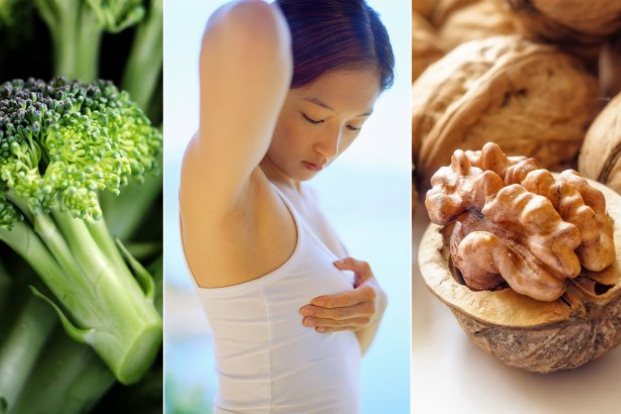Can a Healthy diet prevent Breast Cancer?
Apr 19, 2022
There is as such no food which can prevent a woman from getting breast cancer. But having healthy food can boost your immune system and help to reduce the risk for breast cancer. With any type of cancer, there is no as such food that can cure, though some of them may help control treatment side effects or help your body get well after the treatment. Some food choices may help cancer treatment work more effectively or may help keep you healthy. Others can be dangerous and can interfere with treatment and recovery.

Healthy weight reduces the risk of first-time breast cancer and recurrence.
Maintaining a healthy weight will always help in lowering the risk of breast cancer.It suggests that obese women may have an increased risk of breast cancer after menopause compared to women at a healthy weight.
A healthy eating diet plan should include some physical activities which may be at least for 3 to 4 hours of walking per week to start. If the patient is undergoing a treatment at present, the patient should start slowly with any of the physical activity and work up to this.
Diet with Low fat may reduce the risk of recurrence and first-time breast cancer.
Sticking to a low-fat diet may help reduce the risk of breast cancer. There is a study which shows that women who take only about 25% of the daily calories from fat are at a lower risk of recurrence, mostly in women who’d been diagnosed with estrogen-receptor-negative breast cancer.
But no matter what kind of cancer it is, but there is significant benefit from lowering the amount of fat in the diet. Also, other healthy choices are more likely to come with a low-fat diet, such as eating more fruits and vegetables and losing weight. All these changes together may help lower your risk of any type of cancer.
And reducing fat and increasing fruits, vegetables, and whole grains in the diet will always ensure that the body is getting enough nutrients and contribute to the overall health. Also, a low-fat diet will probably helps in reducing the weight. There is no strong evidence that any specific foods or supplements will lower the risk of getting breast cancer or reduce the risk of recurrence.









